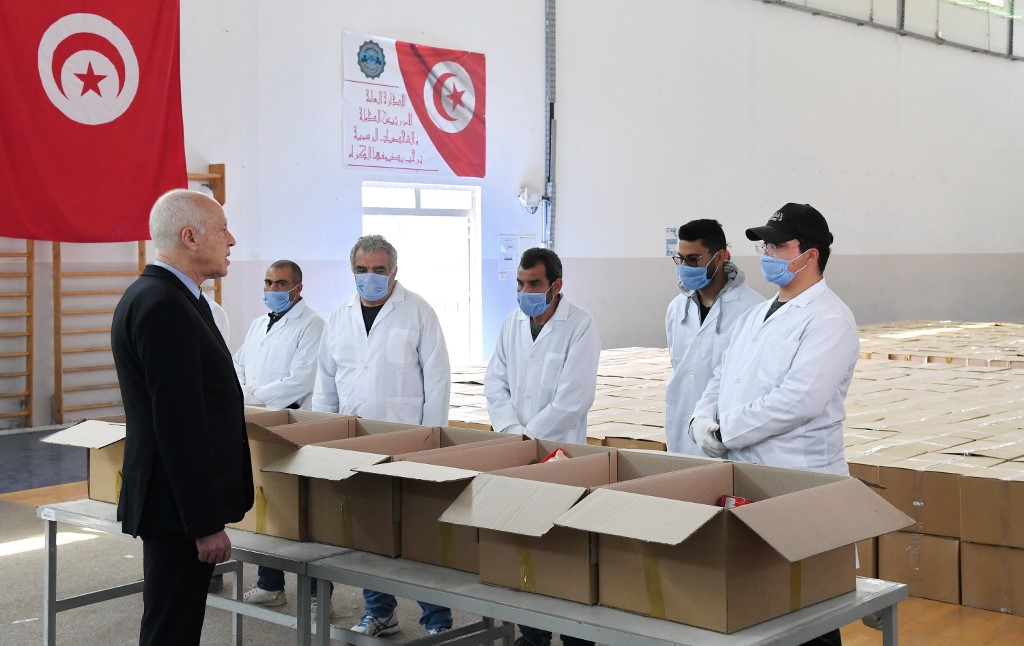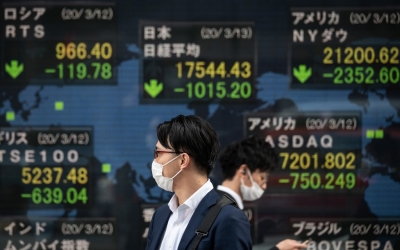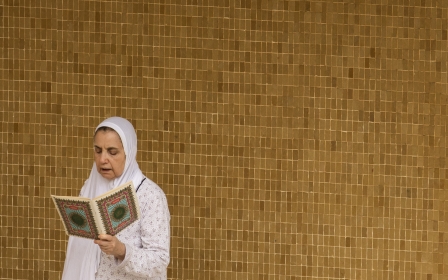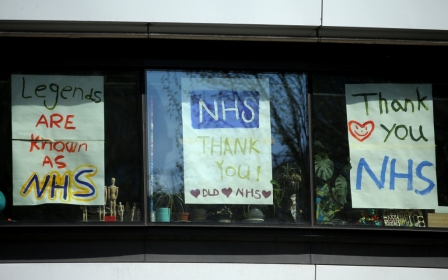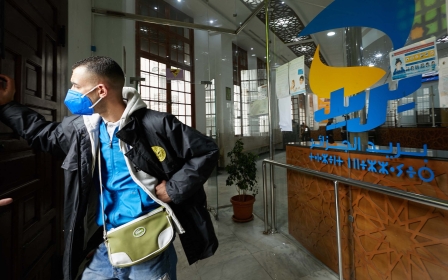Coronavirus and securitisation in Tunisia: A slippery slope?
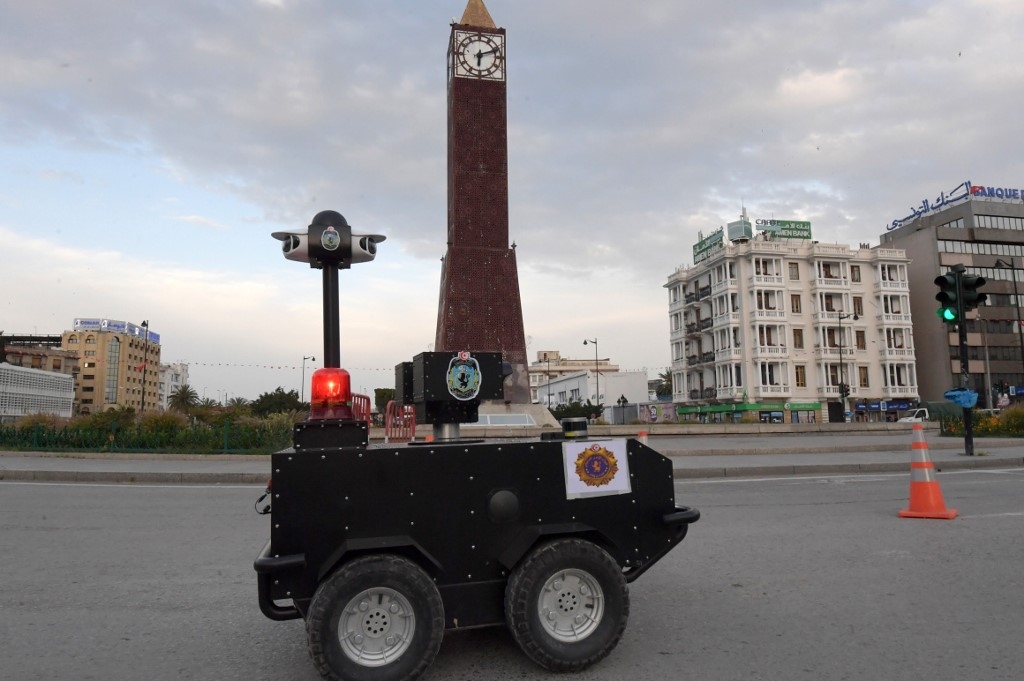
Since the outbreak of the coronavirus pandemic, global responses have varied in terms of preparedness and toughness. Health conditions are integrally linked to security, and today, Tunisia and the world face a health crisis that has turned into a security issue.
Securitised issues are ones “presented as an existential threat, requiring emergency measures and justifying actions outside the normal bounds of political procedure”. This relies on the fact that certain issues provoke fear and apprehension, allowing more room for decision-makers to manoeuvre.
Language of war
Rhetoric in a time of crisis can justify granting exceptional powers to the state. The Covid-19 pandemic has been securitised at the global level, presented as an absolute priority. Messages have been designed to shock the audience, using the language of war, survival and urgency.
In a world where threats and dangers are not necessarily physical and palpable, cooperation across borders is more important than ever
Tunisia has been in an intermittent state of emergency since January 2011, based on an unconstitutional decree. A state of emergency can be declared either in the event of an imminent danger arising from a serious disruption to public order, or during events of the magnitude of general disasters.
New MEE newsletter: Jerusalem Dispatch
Sign up to get the latest insights and analysis on Israel-Palestine, alongside Turkey Unpacked and other MEE newsletters
The legislation gives authorities exceptional powers to arrest people, prohibit meetings, declare curfews, inspect shops, monitor the media, etc.
On 18 March, Tunisia’s president decreed exceptional measures necessitated by “imminent danger”, including a 12-hour daily curfew. Armed forces were deployed to enforce it, but it is essential to clearly define the rules of engagement, and not solely rely on the discretionary power of officers.
Other, more innovative measures have also been adopted, including surveillance robots tasked with patrolling the streets.
Public oversight
Because Covid-19 has been categorised as a communicable disease, public safety trumps patient confidentiality. Violations of mandatory hospitalisations have occurred, when patients have refused to be treated and risked spreading the disease.
Meanwhile, a coronavirus relief fund has been launched in Tunisia, seeking public donations to help build medical facilities. But this raises critical questions as to how the money will be tracked and distributed.
Timely and relevant information-sharing mechanisms - through the health ministry’s website, a dedicated platform, or social or traditional media - is crucial to allow citizens to exercise oversight.
The government has utilised special powers to issue decree-laws in response to the current crisis, easing budget allocation procedures. In the current context, the head of government will not have to go through parliament to approve budget items to counter the pandemic, nor open a public debate around questions of mobilising official institutions, on the basis that the survival of citizens is at stake.
At the same time, citizens are willingly involved in policing the crisis by reporting violations of self-isolation or quarantine measures. The aim is to reduce the possibility of infection among the general population. An online platform has even been developed for this purpose.
Fragility of globalisation
As of Monday 20 April, Tunisia had recorded 879 coronavirus cases and 38 deaths, while neighbouring Algeria had 2,629 cases and 375 deaths, and Libya had 51 cases and one death. On 16 March, Tunisia closed its land and sea borders and suspended commercial international flights. Other countries have done the same.
Covid-19 has shown the world how fragile globalisation is, as it has fuelled the spread of the virus. Yet isolationism is far from the appropriate answer.
This crisis may eventually lead to a shift in defensive strategies driven by necessity, but in a world where threats and dangers are not necessarily physical and palpable, cooperation across borders is more important than ever.
While securitisation, as in the case of Covid-19, is an attractive tool to mobilise funds and draw attention to health issues, it also puts the rule of law on a slippery slope.
The views expressed in this article belong to the author and do not necessarily reflect the editorial policy of Middle East Eye.
Middle East Eye delivers independent and unrivalled coverage and analysis of the Middle East, North Africa and beyond. To learn more about republishing this content and the associated fees, please fill out this form. More about MEE can be found here.



